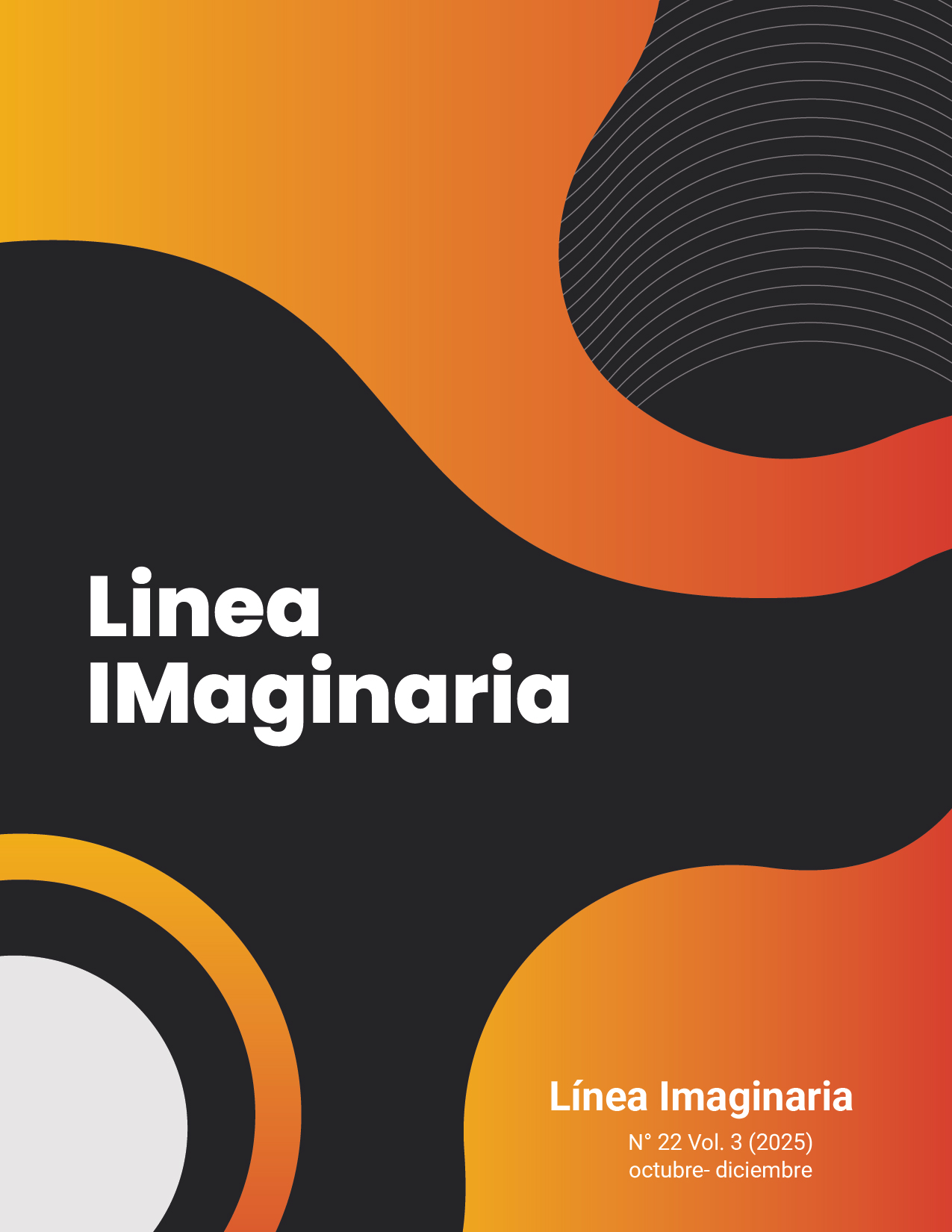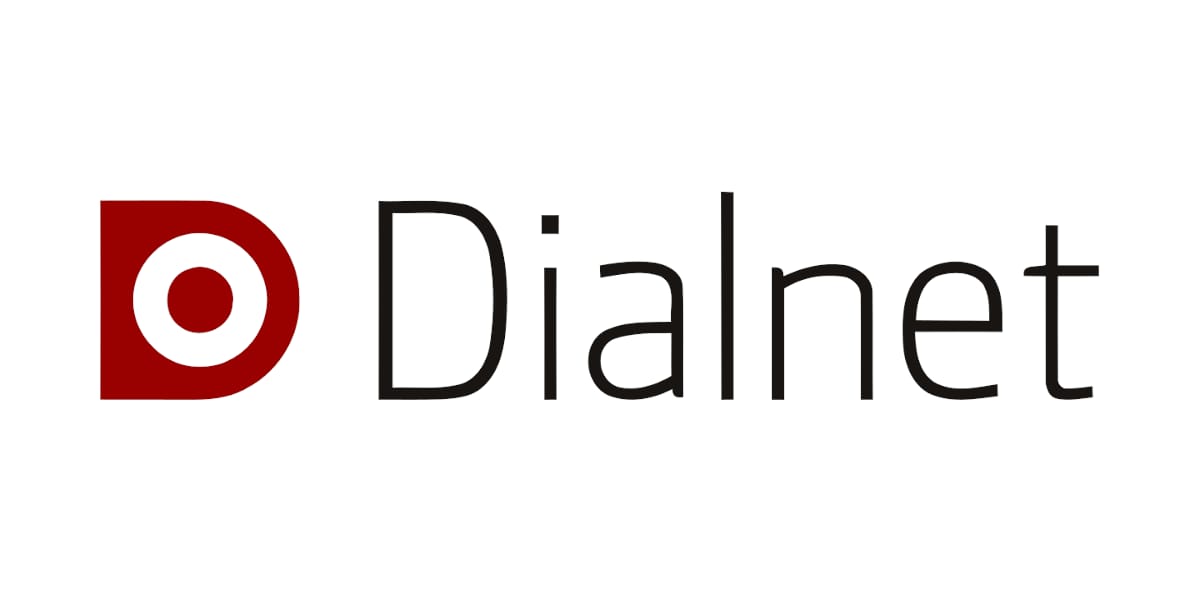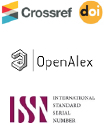READING COMPETENCE AS A MEANS FOR THE DEVELOPMENT OF COGNITIVE PROCESSES AND THE CONSTRUCTION OF KNOWLEDGE IN THE CLASSROOM
DOI:
https://doi.org/10.56219/lneaimaginaria.v3i22.4641Keywords:
Reading Comprehension, Competencies, Cognitive Processes, Knowledge ConstructionAbstract
Reading is a process by which the reader constructs the meaning of the text, integrating prior knowledge, mental schemes and structures that process the information that arrives with the pre-existing one, in mental operations that Piaget (1980) called assimilation and accommodation. In this way, a cognitive process occurs in which knowledge is constructed, making inferences, answering hypotheses to questions and problems posed by the text. In this order of ideas, the present scientific article aims to reflect on the relationship between reading as a competence for the development of cognitive processes and the construction of knowledge. At the methodological level, a review of scientific literature was carried out in repositories and databases such as Google Scholar, Scielo, Redaly, Dialet, among others. The results report that a higher level of critical inferential reading competence is related to a better competence to construct meaning and knowledge from meaningful learning.
Downloads
References
Ausubel, D. (1978). Adquisición y retención del conocimiento. Una perspectiva cognitiva. Barcelona: Ediciones Paidós.
Bruner, J. (2018). La educación puerta a la cultura. Madrid: Alianza Editorial.
Bustamante, G. (2003). El Concepto de Competencia: Un Caso de Contextualización. Bogotá DC: ECOE Ediciones.
Cuetos, F (2016). Psicología de la Lectura. Madrid: Alianza Editorial.
De Zubiría, J. 82018). Pedagogía Dialogante. Universidad Nacional de Colombia.
Díaz, A. (2006). El enfoque de Competencias en la Educación. Disponible en www.Redalyc.org
Díaz, F; Rigo, M (2000). Formación docente y educación basada en competencias. México DF: UNAM
Dolan, S (2009). La gestión de los Recursos Humanos. México DF: Mc Graw Hill
Fons, M (2006). Leer y Escribir para Vivir. Madrid: Ediciones Paidos
Freire, P (2008). La Importancia del Acto de Leer. México DF: Editorial Trillos
González, (2002). Desarrollo de Competencias Académicas. Madrid: Alianza Editorial.
Goodman, (1986). La Lectura, La Escritura y los Textos Escritos una Perspectiva Transaccional Sociopsicolinguistica. Buenos Aires: Panamericana
Gulder, C. (2010). Leer y Comprender Psicología de la Lectura. México DF: Editorial siglo XXI
Hernández, R.; Fernández, C. & Baptista, P. (2008). Metodología de la investigación. McGraw-Hill.
Hernández, R.; Fernández, C. y Baptista, P. (2010). Metodología de la investigación. México: McGraw-Hill.
Matute, E (2018). Neuropsicología de la Lectura. México DF: Editorial Moderno.
Osorio, L. (2021). Elementos del proceso de enseñanza y aprendizaje y su interacción en el ámbito educativo. www.revistaunibe.edu.ec DOI: https://doi.org/10.55867/qual23.01
Pérez, M (2015). La formación por competencias como alternativa educativa. Madrid: Ediciones Deusto.
Piaget, J. (1980). Seis estudios de psicología. Madrid: Ediciones Morata.
Solé, I (2006). Estrategias de Lectura. Barcelona Editorial Grao.
Tobón, S. (2016). Formación basada en competencias: pensamiento complejo, diseño curricular y didáctica. Bogotá: Editorial ECOE.
Torres, P (2013). Procesos Cognitivos Implicados en la Comprensión Lectora en Tercer Grado de Educación Primaria. http//Scielo.org.co
Urquijo, S. (2009. Predicciones Cognitivas a Niveles de Comprensión Lectora mediante Análisis Determinante Internacional. Jovinal of Psychological Researcch, 99 - 111
Downloads
Published
How to Cite
Issue
Section
License

This work is licensed under a Creative Commons Attribution-NonCommercial-ShareAlike 4.0 International License.
La revista Línea Imaginaria conserva los derechos patrimoniales (copyright) de las obras publicadas, que favorece y permite la reutilización de los mismos bajo la licencia Creative Commons Atribución-NoComercial-CompartirIgual 4.0 , por lo cual se pueden copiar, usar, difundir, transmitir y exponer públicamente, siempre que se cite la autoría y fuente original de su publicación (revista, editorial, URL y DOI de la obra), no se usen para fines comerciales u onerosos y se mencione la existencia y especificaciones de esta licencia de uso. Si remezcla, transforma o crea a partir del material, debe distribuir su contribución bajo la misma licencia del original.















